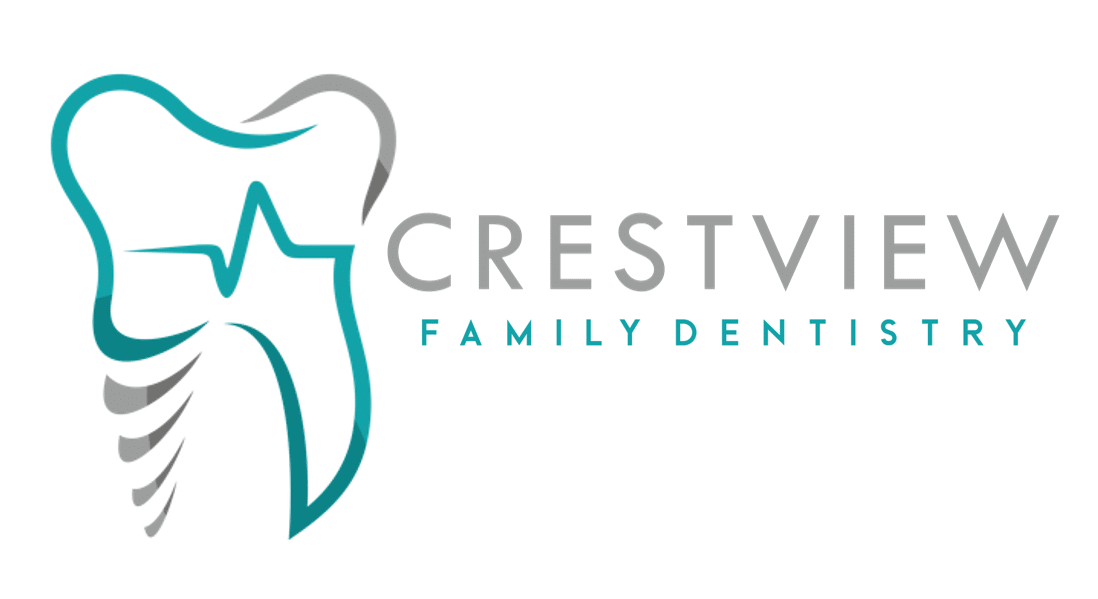Types of Anesthesia:
Dental surgeries will require some form of anesthetic to provide numbness and prevent pain or discomfort during treatment. We offer multiple anesthesia options, and the option you choose will be determined by your procedure and your preferences. We provide varying levels of anesthesia, so you can rest assured that your procedure will be as comfortable as possible.
Local Anesthesia
Local anesthesia (often referred to as "Novocaine") is administered in the area of a procedure/surgery to numb the region and prevent pain. For most dental procedures and extractions, local anesthesia is all that is necessary. Patients can elect for using only local anesthesia, remain fully conscious during the procedure and be able to drive themselves home afterward.
Nitrous Oxide
Nitrous oxide (also referred to as "laughing gas") is used to provide relaxation to patients and reduce anxiety for longer procedures. It is administered through a nasal cannula apparatus, and patients will be conscious during the procedure. Patients with dental anxiety can benefit from nitrous oxide, and following the procedure will be able to drive themselves home afterward.
Oral Sedation
Oral sedation is used to provide relaxation to patients and reduce anxiety for longer procedures. Prescription medication is provided to the patient prior to their appointment and instructions are reviewed. Patients with dental anxiety can benefit from oral sedation, and following the procedure patients will require a driver and can not operate a vehicle or heavy machinery afterward.
IV Sedation
IV sedation is a form of conscious sedation which allows you to experience a "twilight" level of consciousness throughout the procedure, to help you feel relaxed during your appointment. This method does not put you fully to sleep, but it does make you less aware of the procedure. You are still able to respond to verbal commands and do not require assisted breathing. Patients have minimal or no awareness of the procedure.
Patients with dental anxiety can benefit from IV sedation, and patients electing this option will need a driver present during the procedure. At our office, Dr. Shane Turgeon is certified in IV Sedation from advanced training during his residency at Augusta University's GPR program. Our office is certified for the administration of IV Sedation and a required inspection of our emergency equipment, is to ensure your safety.
Who could benefit from anesthesia?
Aside from local anesthesia, additional forms of anxiolytics can help with:
- Dental anxiety
- A fear of visiting the dentist
- An overly sensitive gag reflex
- A fear of needles
- Extreme teeth sensitivity
- Feelings of claustrophobia while in the dental chair or when experiencing dental procedures (i.e. a rubber dam)
- Decreased sensitivity to local anesthesia
- Difficulty controlling movements
- Special needs (including physical, mental, or behavioral)
